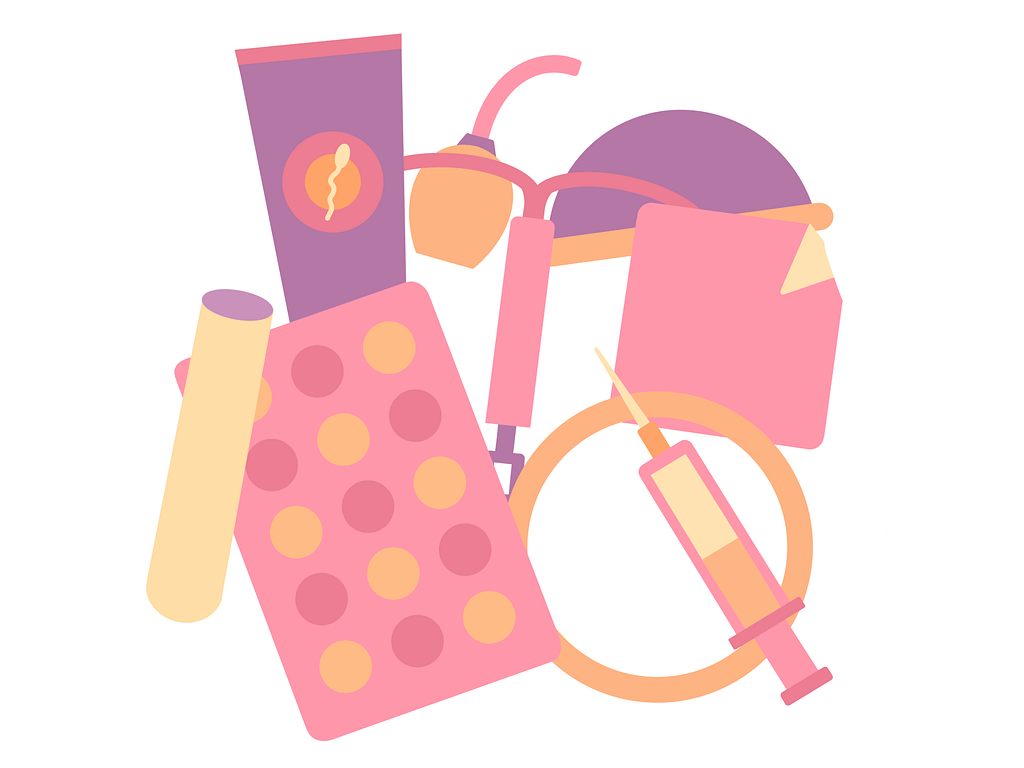Learn the Basics
Birth control is a way to prevent pregnancy and manage reproductive health, but there are still many misconceptions surrounding it. Understanding how it works, its benefits, and its role in reproductive health is crucial in making informed choices.In this section, you’ll learn what birth control actually is, how it works, and the common myths and facts surrounding it. By exploring these topics, you can separate fact from fiction and make the best decision for yourself.
What is Birth Control?
Birth control, also known as contraception, refers to methods used to prevent pregnancy. It allows individuals to plan if and when they want to have children by using different techniques, such as pills, condoms, IUDs, or injectables.
Birth control is not just about preventing pregnancy—it also plays a role in managing reproductive health, regulating menstrual cycles, and even treating certain medical conditions. Understanding how it works helps individuals make informed choices that fit their needs and lifestyle.


Myth vs. Fact
When it comes to birth control, there's a lot of misinformation out there. Myths and misconceptions can lead to confusion, fear, and even discourage people from making informed choices about their reproductive health. In this section, we’ll set the record straight by debunking common myths with accurate, science-backed facts—so you can make decisions based on truth, not misinformation.
Myth
Birth control causes infertility.
Fact
Birth control does not make you infertile. Most contraceptive methods, including pills, IUDs, and injectables, allow you to regain fertility shortly after stopping them. Some methods may take a little time for your cycle to regulate, but they do not cause permanent infertility.
Myth
You don’t need birth control if it’s your first time having sex.
Fact
You can get pregnant at any time if you have unprotected sex, even if it’s your first time. Using birth control correctly from the start helps prevent unintended pregnancies and protects your reproductive health.
Myth
Birth control will severely disrupt my hormones and make me overly emotional or irrational.
Fact
While some people may notice mild mood changes when starting hormonal birth control, this isn’t the case for everyone. There are also low-dose hormonal options and even non-hormonal birth control methods available. If you're concerned about how birth control might affect your mood, a healthcare provider can help you explore the best option for your body.
Myth
There are no benefits to birth control if you're not sexually active.
Fact
Birth control isn’t just for preventing pregnancy—it can also help regulate periods, reduce menstrual cramps, manage hormonal imbalances, treat conditions like PCOS and endometriosis, and even improve acne. Many people use birth control for its health benefits, regardless of their sexual activity.
